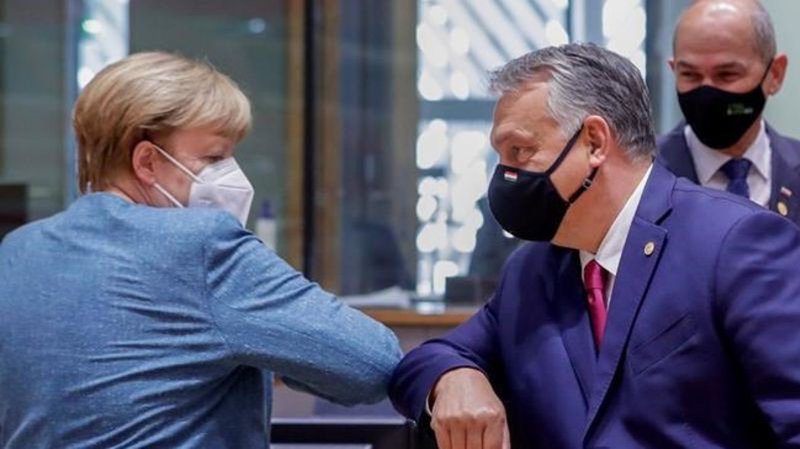
EU leaders seek end to embarrassing Belarus sanctions clash
BRUSSELS — European Union leaders sought Thursday to end an embarrassing standoff that prevents them from imposing sanctions on senior officials in Belarus who stand accused of falsifying presidential election results and leading a crackdown on peaceful protesters.
The roadblock borders on the absurd. All EU member countries reject the result of the Aug. 9 election that allowed Belarusian President Alexander Lukashenko to extend his 26 years in office. EU members want a new election and agree that sanctions should be slapped on dozens of officials, perhaps even the leader once dubbed Europe’s last dictator.
But Cyprus, one of the EU’s smallest member countries, is vetoing the move. It is demanding that its partners in the world’s biggest trading bloc also take action against Turkey for its energy exploration work in disputed waters off the island nation’s coast.
After European foreign ministers failed to break the deadlock last month, the EU’s foreign policy chief, Josep Borrell, warned that “our credibility is at stake,” if the bloc cannot forge a common foreign policy among 27 countries.


